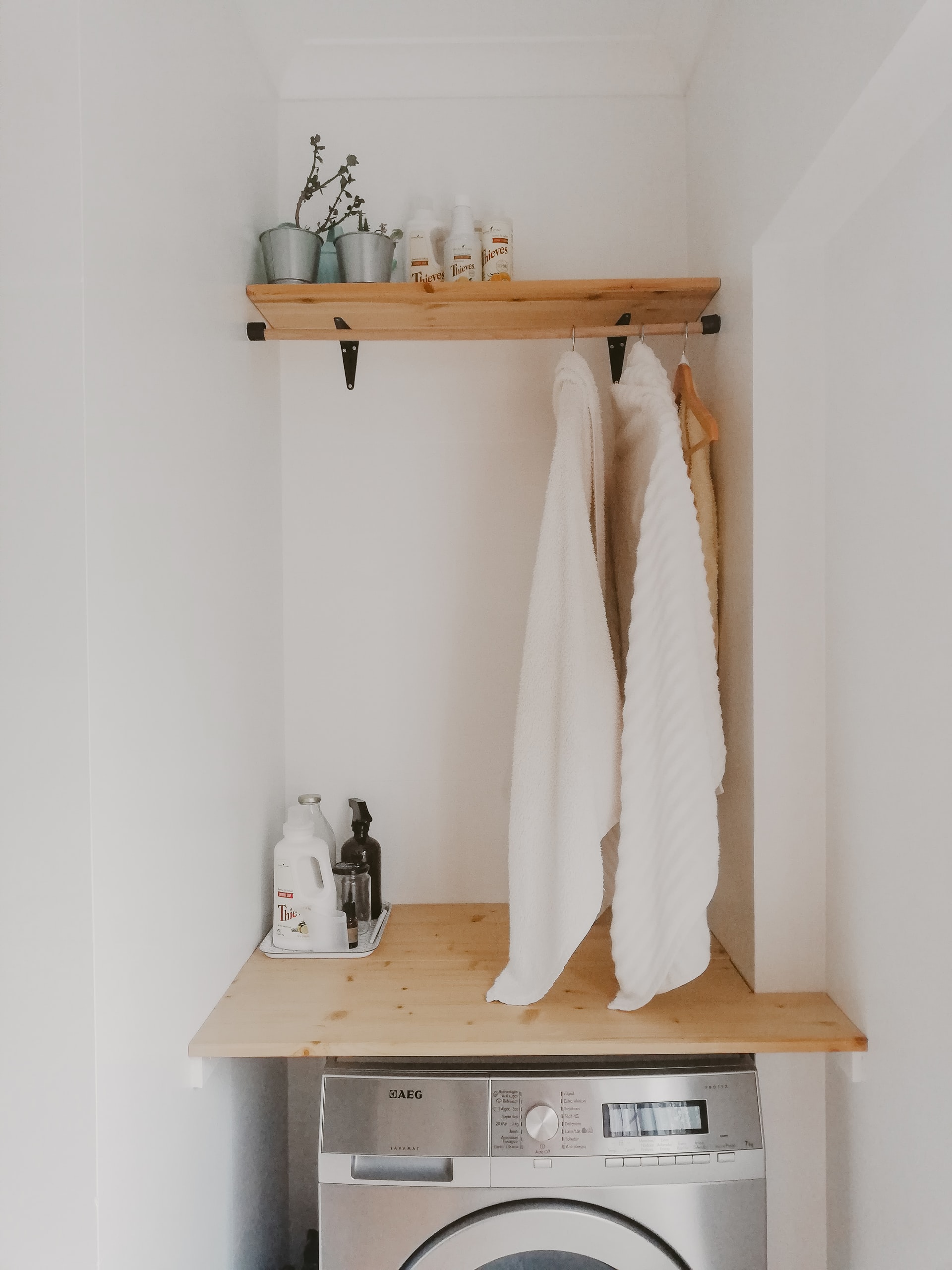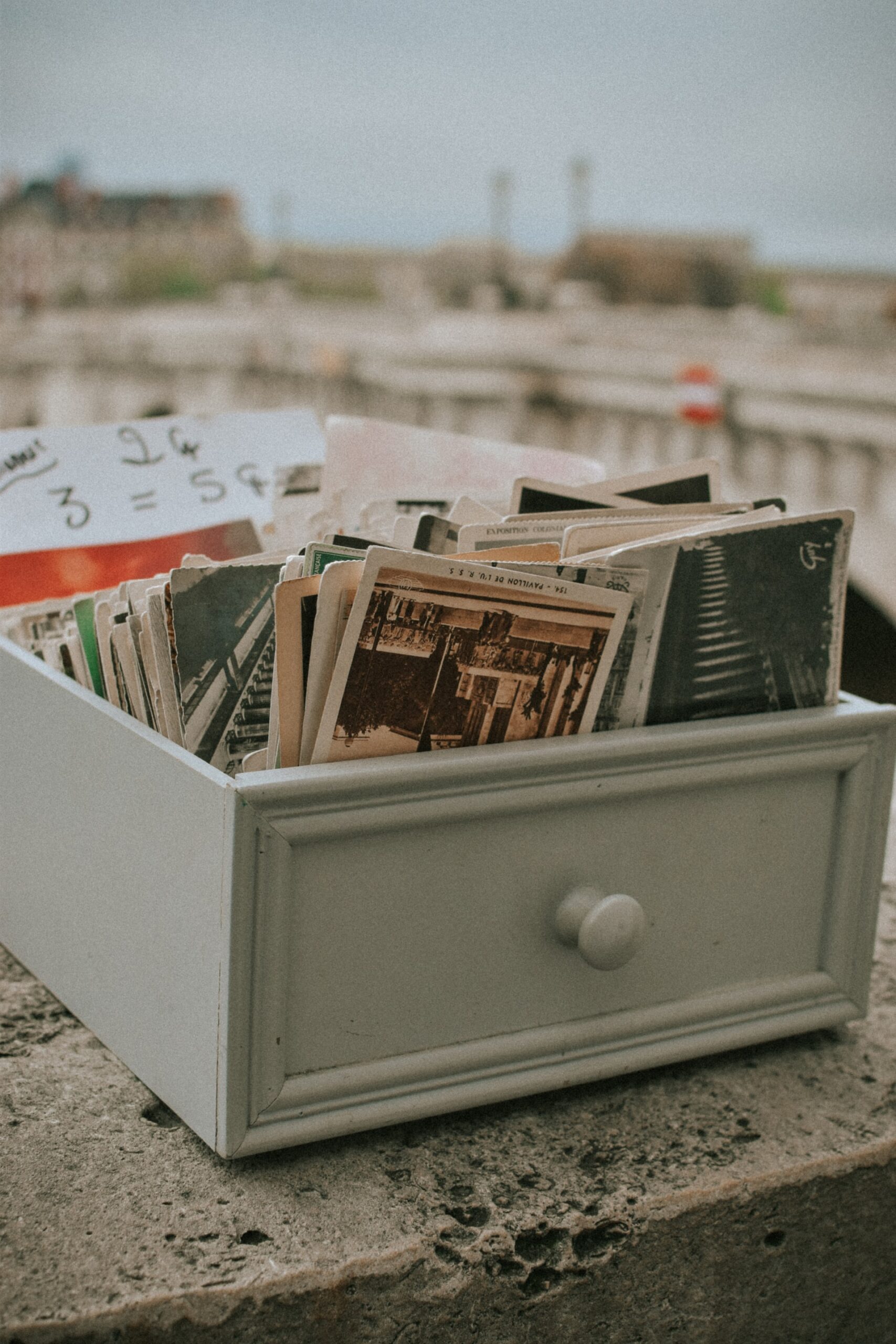
Your computer is one of the most essential tools that you use in your daily life. It stores all of your important files and documents and is a central hub for your work and play. But just like any other tool, it must be well-maintained and organized to function properly. A messy and disorganized computer can lead to lost files, decreased productivity, and frustration.
Luckily, a few simple steps can organize your computer and run more smoothly. The best part is that once you get into the habit of keeping your computer clean, maintaining it won’t take much time or effort.
1. Create Folders for Everything
This may seem like an obvious step, but it’s incredible how many people don’t do it. Every time you download a file, save it in the appropriate folder. For example, create folders for work documents, photos, music, etc. This will save you a lot of time later when trying to find something specific.
Want to save this recipe? Enter your email below and we’ll send the recipe straight to your inbox!
NOTE: By saving this recipe, you agree to join our weekly recipes newsletter.
How many times did you download a file and keep it on your desktop because you couldn’t be bothered to create a folder for it? Or even worse, you can’t remember where you saved it? And, be honest, how many “Untitled” files do you have saved in various locations on your computer?
Creating folders may take a few extra seconds, but it will save you a lot of time and frustration in the long run. Think about all those “Untitled” files again and ask yourself if it’s worth it.
2. Delete Old Files
We all have files we’ve been meaning to delete but never actually get around to. Well, now is the time! Go through your folders and delete anything you no longer need. This will help free up some valuable space on your hard drive.
If you’re unsure whether to delete a particular file, you can always move it to an external hard drive or cloud storage service. That way, it’s safely stored away, but you can still access it if necessary. But, just because you can save everything doesn’t mean you should. Be ruthless when it comes to deleting old files.
3. Uninstall Unused Programs
The same principle applies to programs and applications. If you don’t use a specific program, there’s no reason to keep it installed on your computer. Not only does this take up valuable space, but it can also slow down your system.
From time to time, look at the programs installed on your computer and uninstall anything you don’t use. You’d be surprised how much space this can free up.
4. Back up Everything
You never know when disaster might strike, so it’s always a good idea to have a backup of all your important files. There are several different ways to do this, so find the best method for you and ensure everything is backed up as often as possible.
I like to use an external hard drive and a cloud storage service (for example, Google Drive). Cloud storage is an excellent option because it’s easy and accessible from anywhere. External hard drives are also a good choice if you want to keep everything offline.
You can run an hourly check to see if everything is backed up, or you can set it to back up every time you change a file automatically. Either way, ensure it’s getting done so you don’t have to worry about losing anything important.
5. Organize Your Desktop Icons
A cluttered desktop can be frustrating (not to mention visually unappealing). Take a few minutes to arrange your icons into neat little rows or columns. You’ll be surprised at how much better it feels to have an organized desktop.
Think about how people organize apps on their phones. Some would like to go for colors, while others choose to have a certain category of apps in one area. Keeping a neat desktop will save you time and frustration regardless of your preference.
6. Empty Your Recycle Bin
This is another one of those things that we all know we should do but often forget about. Whenever you delete a file, it goes into the recycle bin (or trash). And, over time, that can start to add up. So, take a few minutes to empty your recycle bin every now and then.
You can do this by right-clicking on the icon and selecting “Empty Recycle Bin.” Or, if you’re feeling particularly motivated, you can select all the files in the bin and delete them permanently. Just be careful with this one because you don’t want to delete anything you need accidentally.
7. Defragment Your Hard Drive
This is a technical term that means your computer will run faster if you do it. When you add and delete files, your hard drive can become fragmented (or scattered). And, over time, this can start to slow down your computer.
Fortunately, there’s an easy solution. Windows has a built-in tool that will help you defragment your hard drive and optimize your computer for better performance. If you’re using iOS, there’s no need to defragment your hard drive—it’s automatically done for you.
8. Check for Viruses and Malware
It’s important to scan your computer for viruses and malware regularly. These can slow down your system and cause all sorts of problems, so getting rid of them as soon as possible is important.
You can use several different programs to do this, so just Google “virus scan,” and you’ll find plenty of options. Some programs are free, while others you have to pay for. Make sure you choose a reputable program, so you don’t end up with more viruses than you started with! When in doubt, check the reviews before you download anything.
Conclusion
That wasn’t so bad now, was it? Organizing your computer doesn’t have to be a huge chore—it can be pretty satisfying to see everything in its proper place and know that your system is running as efficiently as possible. So, take a few minutes to tidy up your computer and enjoy the benefits of a well-organized system.



Leave a Reply